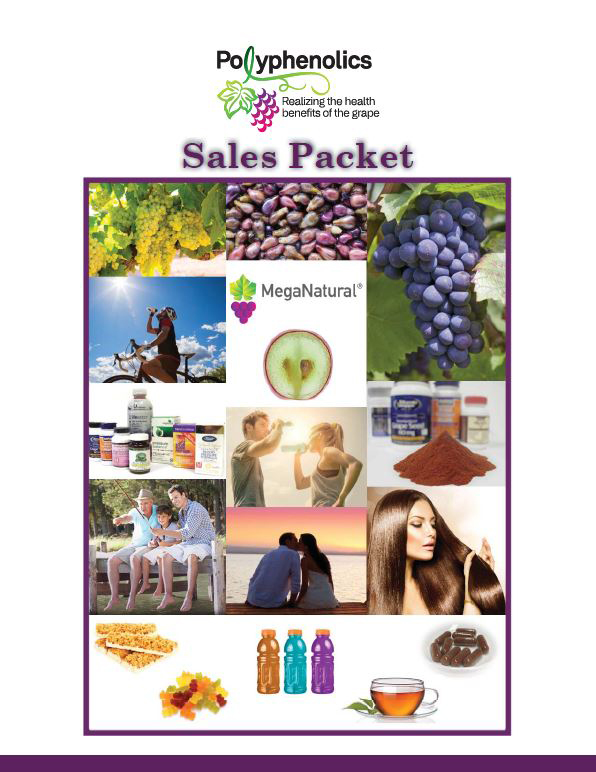GSEs (grape seed extracts) which contain polyphenolic compounds cause an endotheliumdependent relaxation of blood vessels. The aim of the present study was to examine the mechanisms involved in this response. A well-characterized GSE was applied to rabbit aortic rings suspended in organ baths containing Krebs–Henseleit buffer maintained at 37 ?C. In aortic rings pre-contacted with noradrenaline (norepinephrine), the extract produced a dose-dependent relaxation. The maximum relaxations elicited by the extract (71.9+- 1.0%) were similar to those elicited by acetylcholine (64.2+- 1.5%) (n=12 for each). As expected, the relaxations were abolished by removal of the endothelium and by prior incubation with L-NAME (NG-nitro-Larginine methyl ester), confirming the essential role of eNOS (endothelial NO synthase) in the response. The responses to the GSE were also abolished by incubation with wortmannin and LY294002, which are inhibitors of PI3K (phosphoinositide 3-kinase). These compounds had no effect on the responses to acetylcholine. Using immunoblotting, we also demonstrated that the GSE induced the phosphorylation of both Akt and eNOS in HUVECs (human umbilical vein endothelial cells). Finally, the extract was modified by methylation of the hydroxy groups in the polyphenolic groups and was applied to the aortic rings. The modified extract failed to cause a relaxation. Taken together, these findings suggest that the endothelium-dependent relaxation induced by the GSE was mediated by activation of the PI3K/Akt signalling pathway through a redox-sensitive mechanism, resulting in phosphorylation of eNOS.
Download
Mechanism of the Endothelium-Dependent Relaxation Evoked by a Grape Seed Extract (PDF)



